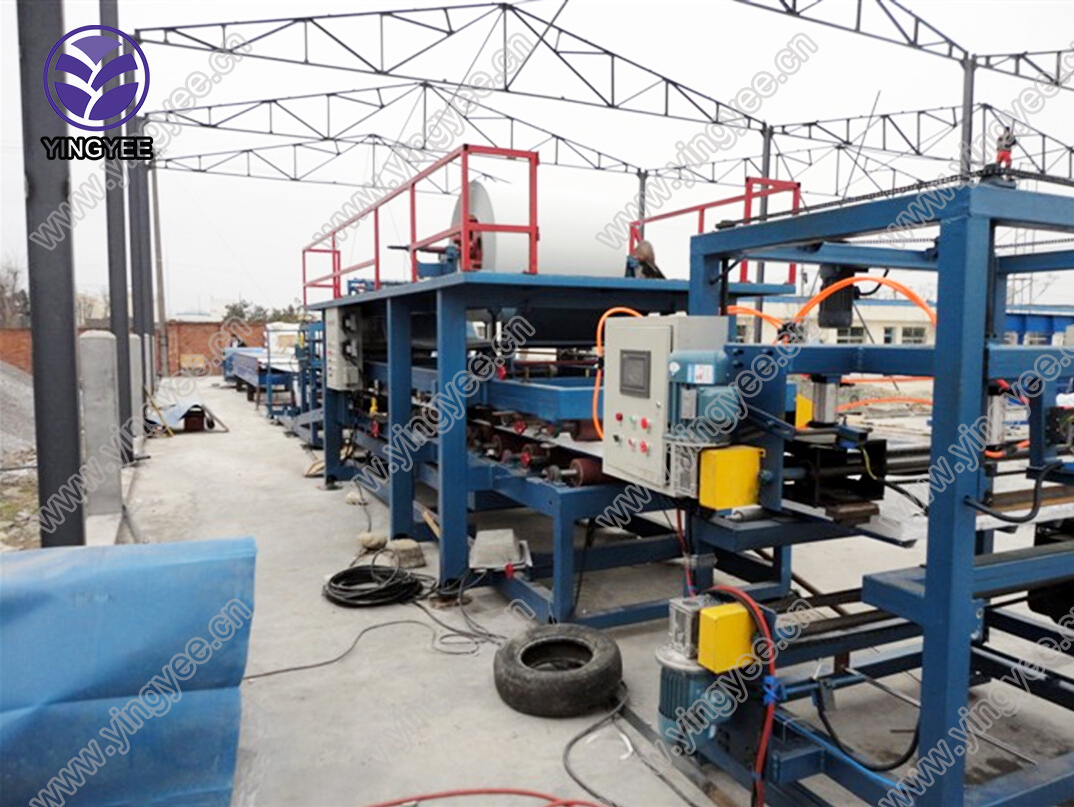
The Essence of PPGI Glazed Tile Roofing Making Machines
In the realm of modern construction and architecture, roofing materials play a crucial role in determining the aesthetic appeal and functional longevity of buildings. One of the most popular choices for roofing today is the PPGI (Pre-Painted Galvanized Iron) glazed tile, prized for its durability, visual appeal, and economic viability. To meet the rising demand for PPGI glazed tiles, advanced manufacturing technology is essential, and this is where the PPGI glazed tile roofing making machine comes into play.
Understanding PPGI Glazed Tiles
PPGI glazed tiles are made from galvanized steel that is coated with a layer of paint before being formed into tile shapes. This process not only enhances the visual aesthetics of the tiles but also provides them with additional protection against rust and other environmental factors. The glazed surface offers an attractive finish that reflects light, enhancing the overall appearance of homes and buildings. Additionally, these tiles are lightweight, making them easier to handle and install compared to traditional roofing materials.
The Role of PPGI Glazed Tile Roofing Making Machines
The production of PPGI glazed tiles requires specialized machinery that can handle various processes such as shearing, bending, and forming the metal sheets into desired shapes. The PPGI glazed tile roofing making machine is designed specifically for this purpose. These machines are equipped with advanced technology to ensure precision and efficiency throughout the manufacturing process.
1. Material Preparation The first stage involves preparing the galvanized sheets. This includes painting and coating them with corrosion-resistant materials that ensure long-lasting performance.
2. Forming Process Once the sheets are prepared, they are fed into the machine, which can precisely cut and shape the materials. The machine's rollers and dies are engineered to produce tiles in various designs and profiles, catering to different architectural needs.
3. Quality Control To maintain high standards, modern PPGI glazed tile making machines are equipped with automated quality control systems. These systems monitor the thickness, color, and overall quality of the tiles, ensuring that every product that comes off the line meets industry standards.

4. Customization Options One of the advantages of using advanced roofing making machines is the ability to customize tiles. Manufacturers can easily adjust the machine settings to create unique designs or to accommodate various dimensions and thicknesses.
Advantages of PPGI Glazed Tile Roofing Making Machines
Investing in a PPGI glazed tile roofing making machine brings numerous benefits to manufacturers.
- Cost Efficiency By automating the production process, manufacturers can significantly reduce labor costs and increase output. This efficiency helps in meeting growing demands without compromising on quality.
- Durability and Longevity The production of high-quality PPGI tiles means roofs that are not only visually appealing but also durable. The use of galvanized iron reduces the risk of rusting, making these roofs long-lasting in various climates.
- Economic Viability PPGI glazed tiles are cost-effective building materials. Their lightweight nature reduces transportation costs, and their durability minimizes maintenance expenses over the lifespan of the roof.
- Environmental Impact Modern machines are designed with energy efficiency in mind, minimizing waste during the production process and reducing the overall carbon footprint.
Conclusion
The PPGI glazed tile roofing making machine represents a significant advancement in roofing technology, marrying tradition with innovation. As the construction industry continues to evolve, the demand for aesthetically pleasing and durable roofing solutions will only increase. With the efficiency and capabilities of these machines, manufacturers are well-equipped to meet the challenges of today’s market. Whether it’s for residential homes or commercial buildings, PPGI glazed tiles, produced by cutting-edge machinery, offer a robust solution that combines functionality with style, ensuring that the roofs of the future are built to last.